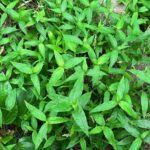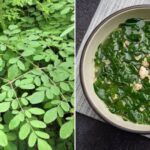The Lucuma tree, scientifically known as Pouteria lucuma, is native to the Andes region of South America and is a familiar sight in the Vietnamese countryside. It gets its name, which translates to “chicken egg tree,” from the resemblance of its ripe, golden fruit to the taste and texture of boiled chicken egg yolks.
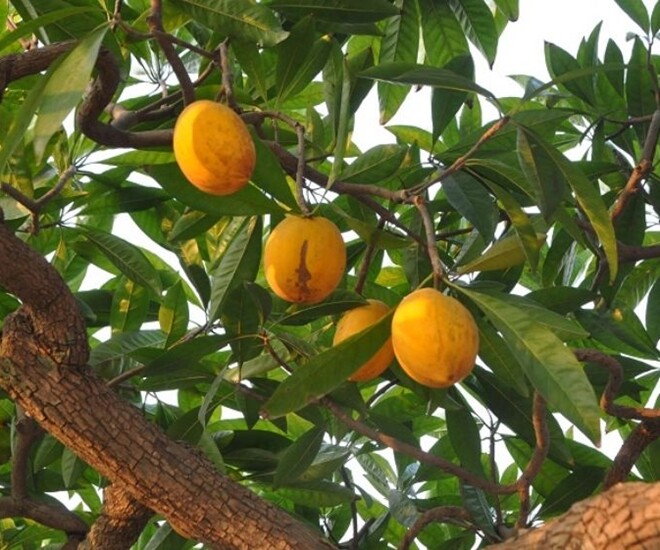
The chicken egg tree is a woody plant, growing up to 8-10 meters tall in natural conditions. It has a sturdy, branching structure with lanceolate, deep green leaves.
This tree blooms year-round with small, yellow-green, fragrant flowers that grow singly from the leaf axils. The fruits are oval-shaped, ripening from green to a vibrant yellow. The seeds are large, dark brown, and glossy.
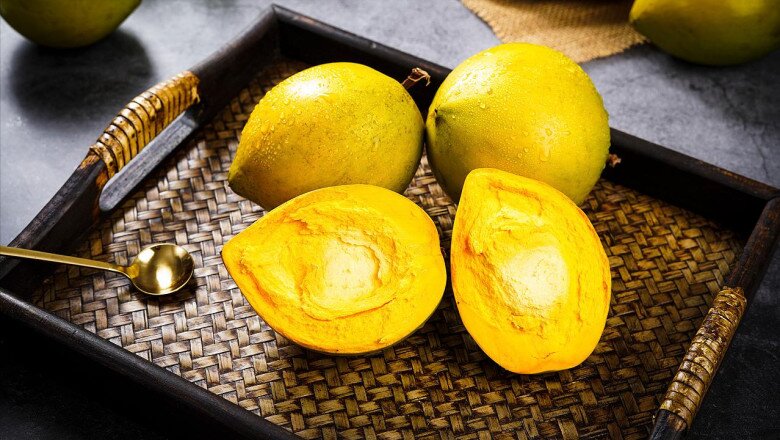
Not only are the fruits delicious, but they are also packed with nutrients, offering a range of health benefits such as improved cardiovascular health, enhanced immunity, anti-inflammatory properties, and anti-aging effects.
Aside from being a source of food and shade, the chicken egg tree has also found its way into the world of bonsai. In recent years, older specimens with unique shapes and styles have become highly sought-after by enthusiasts, commanding high prices.
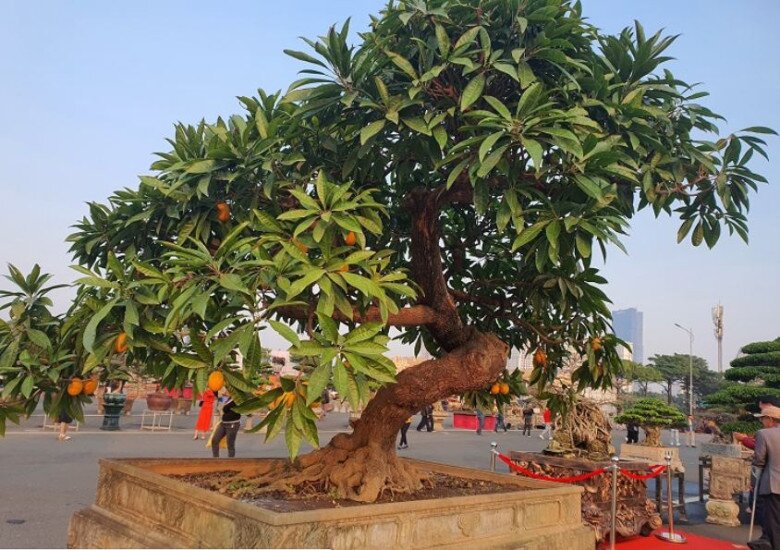
When the fruits ripen and turn golden, they resemble hanging ornaments on the tree, earning the tree a reputation for bringing good luck and fortune. In folk belief, the chicken egg tree symbolizes wealth and prosperity, while its fruit’s resemblance to the mythical peach also associates it with longevity.
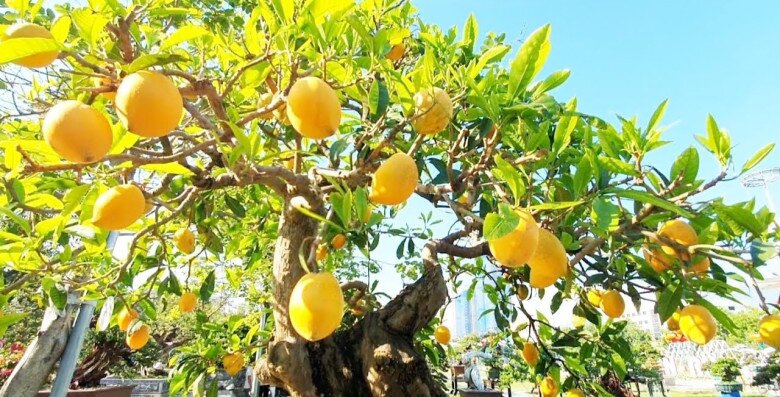
Growing and Caring for the Chicken Egg Tree
Propagation methods for the chicken egg tree include seeds, cuttings, grafting, and air layering, with the latter three techniques being the most effective. Alternatively, you can purchase young trees for planting.
While the chicken egg tree is adaptable and low-maintenance, certain cultural practices will enhance its growth, aesthetics, and fruit production:
– Soil: While the tree isn’t particular about soil type, when grown as a bonsai, it benefits from a nutrient-rich, well-drained, and airy soil mix. Avoid saline or chemically contaminated soils.
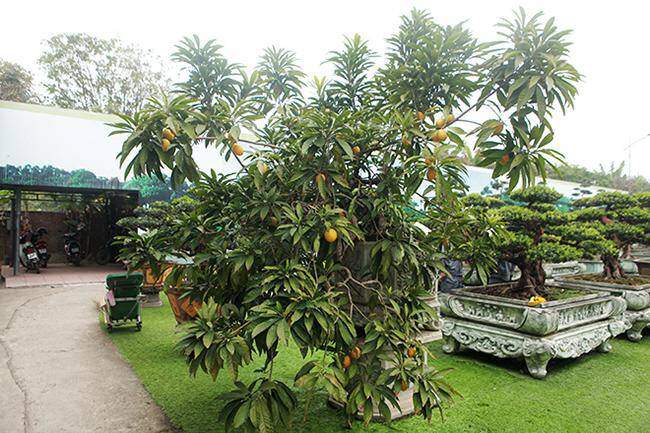
– Light: This tree thrives in full sun, requiring at least 6-8 hours of daily sunlight for optimal growth.
– Watering: As a large, woody plant, the chicken egg tree needs ample water. Water it at least once daily in the morning, and increase frequency during dry, hot weather.
– Fertilization: Apply basal fertilizer twice a year, before or after the rainy season, to support the tree’s growth.
Additionally, for bonsai specimens, scarification techniques can be employed to enhance the tree’s aesthetic appeal.
Is It Safe for Pregnant Women to Drink Roselle Flower Infused Water? Unveiling the Benefits of Roselle for Expectant Mothers.
“Me ice drink is a refreshing beverage that is popular among expectant mothers. But is it safe for pregnant women to consume? Are there any precautions to be aware of? Let’s explore these questions and more in our comprehensive article. Stay tuned for an insightful read as we delve into the world of pregnancy nutrition and uncover the facts about this tantalizing treat.”
























